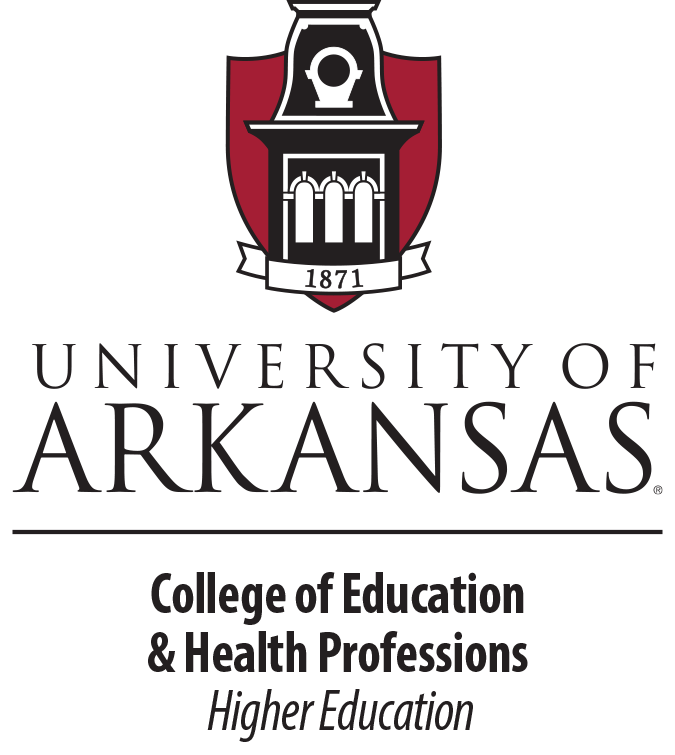Fall 2020 - Volume 4
Abstract – New student orientation programs are one of the most important high impact practices for student success. These introductory programs not only empower students to be able to self-identify how their academic support needs can be met, they also provide the critically important introduction to building social support networks. College presidents must embrace the critical role of new student orientation programs, understand their complexities, and find ways to illustrate the role of these programs to faculty, staff, and students.
Fall 2020 - Volume 4
Abstract – The chief of staff role first emerged as a military and government position to strategize battles and advise generals centuries ago (O’Brien, 2020). It has been more common in the United States to find chiefs of staff (or COS) in political environments: The White House chief of staff often comes to mind when the title is mentioned. In recent years the role has been adopted by corporate entities. Companies often create and hire individuals into the title to organize senior level, institution work (Ciampa, 2020) and the corporatization and resulting organizational changes in higher education (Bleikliea & Kogan, 2007) have led to the adoption of the COS role by college presidents as well. Following discussions with, and the review of credentials of, nine incumbent chiefs of staff and a review of position descriptions of a handful of others, some trends emerged and are reported here.
Fall 2020 - Volume 4
Abstract – While scholars have devoted considerable attention to identifying and developing future academic leaders, scant empirical research has considered the firsthand experiences of senior leaders who returned to the faculty. This grounded theory study developed a theoretical understanding of the process of returning to the faculty after serving as a senior campus administrator. This research examined a common academic rite of passage using the analysis of interviews with 43 former college presidents, provosts, deans, and “other senior leaders” from a variety of postsecondary institutions. Academic leaders in the study characterized the process of returning to the faculty as mostly positive and liberating, prompting the need to reconsider the use of the phrase “stepping down” in this context.
Fall 2020 - Volume 4
Abstract – The American college presidency has become increasingly complex, particularly due to the wide variety of demands placed on the position. Indeed, the effectiveness of a president is often seen through the lens of different constituents. Historically, the faculty have played a key role in determining the success of a president, and the current study sought to identify the perceptions of faculty members regarding the effectiveness of presidents. Additionally, the study sought to compare faculty perception of desired versus actual effectiveness of presidential responsibilities.
